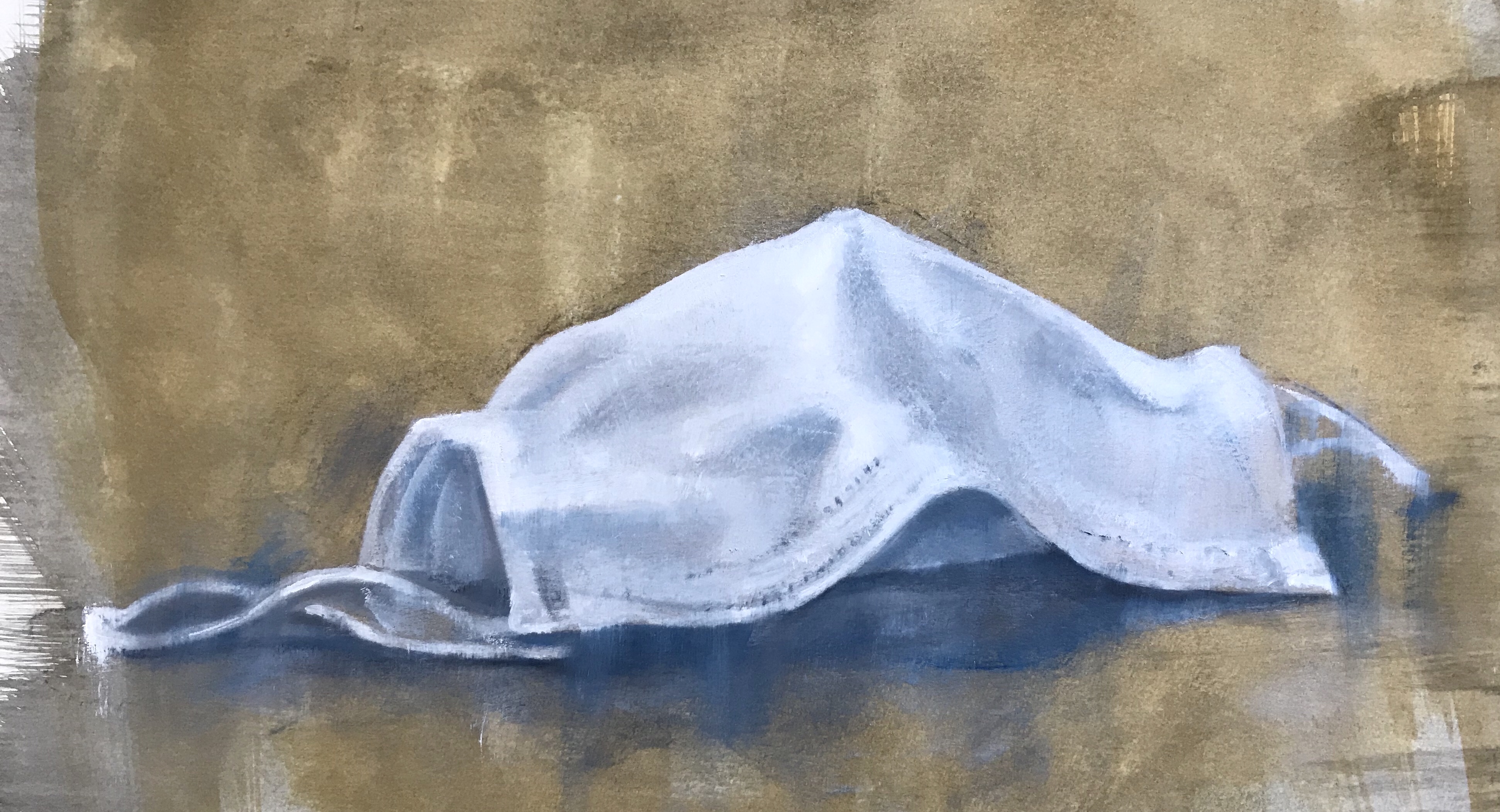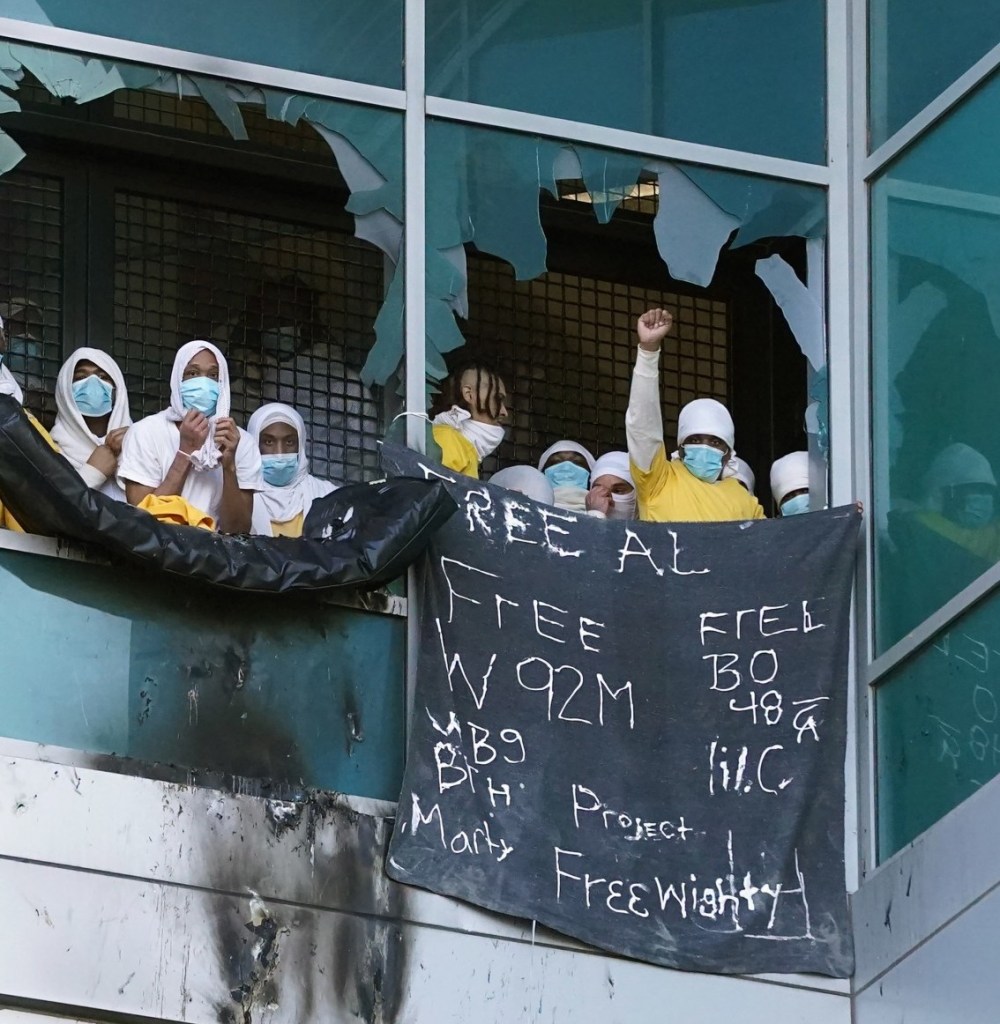COVID-19 (May 15, 2020)

“The medical and health humanities, with their focus on historical analysis, social comparison and narrative engagement—coupled with a consensus-based scientific approach that supports global equity and justice—can ameliorate our failures. Our writers were invited to submit longer-form contributions to a special issue on the current pandemic. The resulting essays are global in scope and address the pandemic, from the micro-structures of individual feeling to ideological superstructures such as politics and religion.”
— Rishi Goyal and Arden Hegele, co-editors
Justice-in-Education Program (January 22, 2021)
“The first week in April, I was asked if I could put together a workshop on Zoom on interview methodologies, and I decided the most relevant topic would be a workshop on COVID-19 auto-ethnographies to be taught within the JIE program. We then extended an invitation to the entire JIE community, meaning all formerly incarcerated persons who have had a connection with JIE. Fourteen people signed up for the workshop, and four Columbia undergraduates volunteered as tutors. M.Lisa Hollingworth, a primary teacher and educational specialist at Boys and Girls Clubs of America, who was already volunteering for the program, took over as head volunteer. Jeremiah Aviles, my TA at MDC Brooklyn, was again the TA for the workshop. JIE allowed Kay Zhang, the Program Manager at the Heyman Center for the Humanities, to help with the Zoom particulars.
The premise that framed the workshop was a notion that had started getting some traction in the press and social media where the “lockdown” (as it came to be known) was compared to prison and solitary confinement. Someone posted on social media a note saying “the lockdown is my Attica,” obviously referring to the maximum-security prison in upstate New York. The students in the workshop took particular exception to this notion and wanted to address it. “
— Neni Panourgiá, guest editor, anthropologist, Academic Advisor for the Justice-in-Education Initiative, and Faculty at the Prison Education Program at Columbia University
Pandemic In Prison (July 1, 2021)

“This special issue of Synapsis offers one interdisciplinary approach to the entanglements of police, prison, and plagues. We invited scholars, journalists, physicians, advocates, and artists to reflect on mass incarceration in the time of COVID-19. Their narratives, analysis, and visualizations provide not a comprehensive scholarly account of these phenomena but rather an opening salvo that we hope sparks additional conversations, research, and political activism. These contributions, each in their own way, elucidate the world as it is and illuminate the world as it might be—a world without prisons or police, where Black life is valued and prioritized rather than denigrated and extinguished.”
— Guest editors, Max Mishler (University of Toronto), Elsa Hardy (Yale Law School and African American Studies, Harvard University), Elizabeth Ross (Harvard Law School and African American Studies, Harvard University), and Khaleel Grant (University of Toronto)
Essay Series: “Illness and Francophone Literature and History” (January 26, 2022)

“This collection of essays in Synapsis grew out of a course on pandemics in francophone history and culture that we offered in Columbia’s Department of French and Institute for Comparative Literature and Society in fall 2021. The unprecedented experience (at least in our community) of teaching in the midst of a pandemic compelled us to lean into the history and historiography of contagious diseases and their impact on culture. To lean in, in this sense, also meant ‘zooming out’ (wordplay intended) and situating our own experience of remote learning, social distancing and personal protective equipment within a long history of human adaptation to microbes. Disease and illness tend to hover in the background of historical narratives and in the biographies of artists and intellectuals. Placing them at the center of a course highlighted the many ways in which they have shaped not only science, medicine and public health but also, more broadly, the human relationship to the body and its representation in literary genres ranging from autobiography to lyric poetry.”
— Guest editors, Thomas Dodman (Columbia University) and Madeleine Dobie (Columbia University)
The Anthropology of Infectious Disease (January 11, 2024)

“Following Inhorn and Brown’s framework for thinking about infectious diseases anthropologically, how might we grapple with the unfolding biological research on the effects of COVID-19 in the face of social denial of its presence? How can the history of infectious disease help us navigate the present (let alone inevitable future pandemics)? What theoretical paradigms and practical steps are available to the public/governments/global agencies? And how do we fit ideas of risk into all of this? The following pieces represent a glimpse of the lightning-in-a-bottle energy that characterized our conversations during our semester together. I am hopeful that these works spark some inspiration and self-reflection in their broader readership as we collectively continue to navigate our current pandemic reality outside the classroom.”
— Guest editor, Madeleine Mant (University of Toronto Mississauga)








